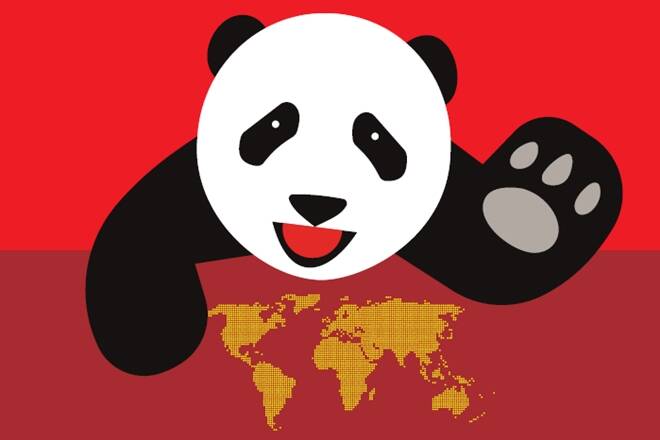
Playing the Long Game – Chinese Soft Power

“This is a Chinese product so it will not last.” The durability and quality of Chinese products have come under scrutiny for decades, especially in developing countries where low grade Chinese products are largely patronized. In these parts of the world, almost anything and everything from china is either seen as fake or of less quality. From simple everyday household items such as combs and plates, to large infrastructure like roads and stadia.
This perception may have informed how some Africans reacted to the novel corona virus disease, COVID-19. During pandemics such as COVID-19, misinformation on a disease is expected and, in most cases, the misinformation is based on myths and stereotypes. The corona virus disease did not escape this fate. Apart from the fact that some people decided to call it the China virus, of course, with derogatory intent, the idea that Chinese products are inferior dictated the response of some Africans to the disease. Among the numerous misinformation that flooded WhatsApp, the largest messaging platform in the world today, was one that read, “This corona virus is a Chinese product so it will not last.”
While the World Health Organization and other health agencies were forcefully sending out preventive guidelines to be adhered to, in preventing the spread of the disease, portions of society were keen on dismissing the potency of the virus; especially its ability to infect Africans. There were debates on whether the virus will mar survive in hot climates and whether it was strong enough to kill youthful populations. Black celebrities like Idris Alba had to come out to plead with fellow blacks to disregard those ideas and begin to take measures to protect themselves. All these debates and misinformation may have gained traction, simply due to the perception regarding Chinese products though unrelated as a matter of fact. Chinese persuasive approach to international relations has floundered over the years. Joseph Nye’s definition of soft power rests on three pillars which are; the appeal of a state’s values, the legitimacy of its foreign policy, and the attractiveness of its culture. For the purposes of this article, the third pillar is pivotal.
According to a Wilson Center report on Chinese soft power campaign, China formally began to seek cultural soft power in 2007. Even though China has made strides and commitment to this agenda, it has largely not succeeded in building its soft power, at least at a pace that it would have wanted. Compared to its American counterpart which is the superpower of soft power, China occupies the fifth position on the global soft power index according to Brand Finance. China is not only disadvantaged by this in its competition with the United States and other major players but, is greatly impacted by this in its partnerships with developing countries. Should countries and partners continue to undermine China due to its unappealing values and culture, partnerships and friendships formed between them will continue to be fragile and short-lived. More importantly, as a rising superpower, China cannot continue to lag with regards to its soft power capabilities. Moreover, if the assumption that perception of Chinese products influenced how sections of the world responded to corona virus, then it appears China’s weak soft power prowess could adversely impact its partners in subtle ways.
China must grapple with partnering with developing countries who may not be in the position to patronize high grade products from them and providing goods and services that meet quality standards; acceptable not only to these governments but also to the ordinary people whom they serve. Most African countries have China as their major trading partners and are increasingly becoming China’s leverage and biggest supporter on the global stage. Mere trade and profits should not drive Chinese engagements with Africa and other developing countries. In these partnerships and engagements, China must play a long game, being mindful of how it can jeopardize its soft power gains. Soft power is built over time and as a result, China must play on the global stage with soft power goals in mind and the time to start is now.